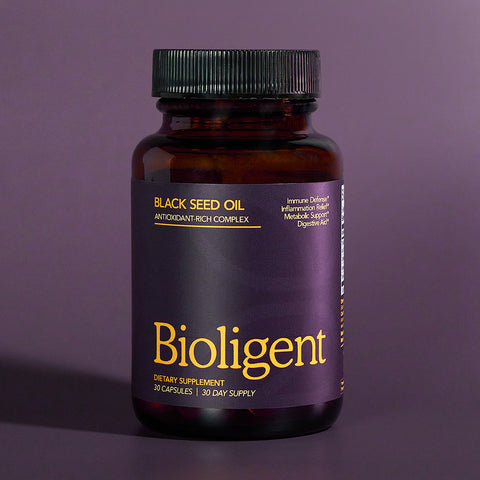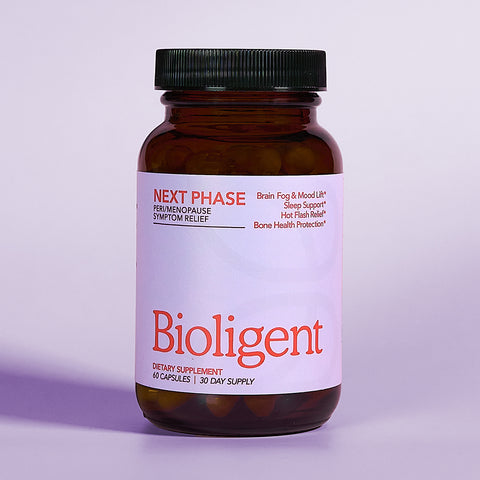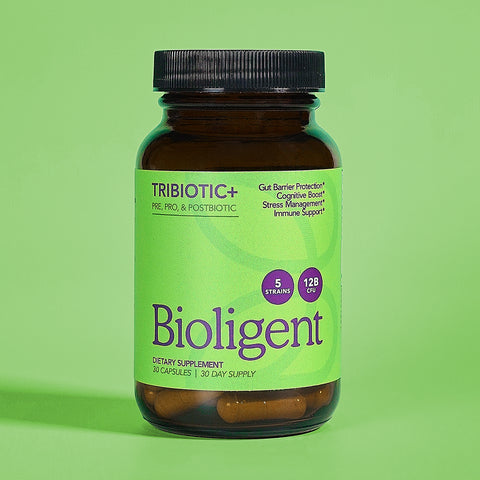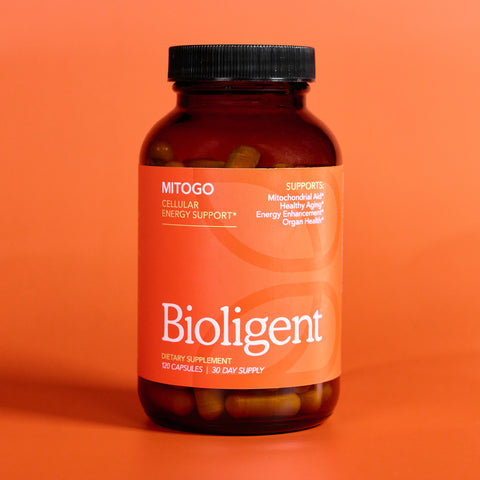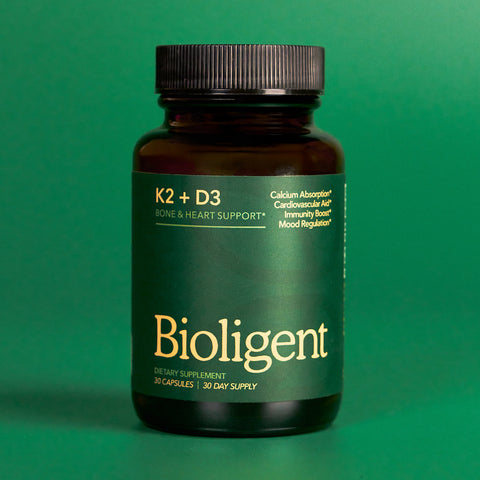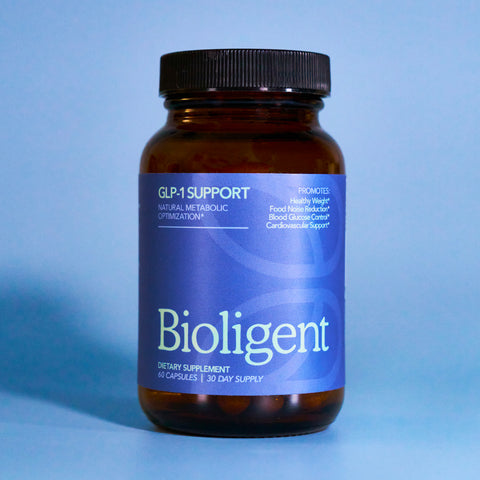We’ve all had days where our minds feel sluggish, when concentrating feels like a chore, your memory is fuzzy, and even simple decisions seem harder than usual. This mental haze, often called brain fog, isn’t an official medical diagnosis, but it’s a very real experience for many people.
While occasional brain fog can happen after a poor night’s sleep or a stressful week, constant or recurring brain fog could point to something deeper. Surprisingly, the root cause might not be in your head at all. It could be in your gut.
Researchers are finding strong links between brain fog and gut health, thanks to something called the gut-brain connection. Let’s explore how this works, what might be causing your mental cloudiness, and what you can do to support both your gut and your mind.
What Is Brain Fog?
Brain fog isn’t a single condition. It’s a cluster of symptoms that affect your thinking and concentration. Common signs include:
-
Trouble focusing or paying attention
-
Short-term memory lapses
-
Feeling mentally tired, even after rest
-
Difficulty processing information
-
Low motivation or mental clarity
There are many possible causes of brain fog, including lack of sleep, poor diet, high stress, and certain health conditions. But in recent years, scientists have discovered that your digestive health may also play a major role in how clearly you think.
Understanding the Gut-Brain Connection
Your gut and brain are in constant communication through a network known as the gut-brain axis. This system uses nerves, hormones, and biochemical signals to send messages between your digestive tract and your central nervous system.
In fact, your gut is sometimes called your “second brain” because it contains its own network of neurons, called the enteric nervous system, which can influence mood, memory, and cognitive function.
When your gut is healthy and your microbiome, the community of bacteria, fungi, and other microorganisms living there, is balanced, it sends signals that support mental clarity and a stable mood. But when your gut health suffers, those signals can change, potentially leading to symptoms like anxiety, low energy, and yes, brain fog.
Can Gut Health Cause Brain Fog?
Emerging research suggests that poor gut health can directly affect brain function in several ways:
Inflammation: An unhealthy gut can trigger inflammation throughout the body, including the brain. Chronic inflammation is linked to slower thinking, difficulty concentrating, and mental fatigue.
Leaky Gut Syndrome: When the lining of the gut becomes too permeable, harmful substances like toxins or undigested food particles can “leak” into the bloodstream. This can cause immune reactions and inflammation that may cloud your thinking.
Nutrient Absorption Issues: Your gut is responsible for absorbing vitamins and minerals that keep your brain sharp, such as B vitamins, magnesium, and omega-3 fatty acids. Poor gut health can limit this absorption, depriving your brain of key nutrients.
Neurotransmitter Production: Your gut microbiome produces neurotransmitters like serotonin and dopamine, which affect mood, memory, and mental clarity. An imbalanced microbiome may disrupt these levels, contributing to brain fog.
In short: the answer to “can gut health cause brain fog?” is increasingly pointing toward yes.
How Gut Health Affects the Brain Day-to-Day
When your gut is functioning well, it supports steady energy levels, balanced mood, and sharp thinking. But when your microbiome is out of balance, the effects can be surprisingly broad:
-
Mental: Slower processing, forgetfulness, trouble staying engaged
-
Emotional: More irritability or anxiety
-
Physical: Low energy, digestive discomfort, weakened immunity
This is why addressing your gut health can be one of the most effective ways to improve your mental clarity and overall well-being, not just your digestion.
Supporting a Healthy Gut-Brain Connection
When it comes to how gut health affects the brain, the good news is you can take simple, consistent steps to improve focus, boost memory, and clear brain fog naturally. A healthy gut doesn’t just mean better digestion. It can transform the way you think, feel, and show up in your daily life.
Here’s how to start:
1. Eat with your brain in mind
A gut-friendly diet fuels both your microbiome and your mental clarity. Fill your plate with fiber-rich fruits, colorful vegetables, whole grains, and lean proteins. Add fermented foods like yogurt, kefir, kimchi, or sauerkraut, which provide beneficial probiotics. Also, try to limit processed snacks and excess sugar, since these can feed harmful bacteria and worsen brain fog.
2. Keep stress in check
High stress can disrupt your gut microbiome and intensify brain fog and gut health issues. Even small daily habits like deep breathing, short walks, journaling, or stretching can help calm your nervous system and support a healthier gut-brain connection.
3. Stay hydrated, stay sharp
Water helps nutrients move through your body and supports digestion. Dehydration can make you feel sluggish and foggy, so aim for steady hydration throughout the day.
4. Support your gut with the right nutrients
If you want to actively protect the gut-brain axis, consider adding a supplement that addresses multiple areas of gut health. Tribiotic+ combines prebiotics, probiotics, and postbiotics to help reinforce your gut barrier, reduce inflammation, and promote the production of neurotransmitters that support focus and memory. By addressing some of the most common causes of brain fog, it gives your mind and microbiome the tools they need to work in harmony.
Start with one or two of these changes and build from there. You don’t need to overhaul everything in your lifestyle at once. Over time, even small shifts in your routine can help restore mental clarity and improve your overall sense of well-being.

Where Tribiotic+ Fits In
For those looking to actively support the gut-brain connection, Tribiotic+ offers a unique blend of prebiotics, probiotics, and postbiotics designed to nurture your microbiome while also supporting cognitive function.
Its NeuroBiome blend includes clinically studied strains such as Bifidobacterium longum and Lactobacillus helveticus, which have been shown to impact stress, mood, and cognitive clarity in several promising studies:
-
In clinical research, strains found in the NeuroBiome Blend (R0011, R0052, R0175, PBS072) have been associated with up to a 44% reduction in stress symptoms within 30 days, based on the HSCL-90 global stress score.
-
The same group of strains also showed a 13.5% drop in cortisol (a hormone your body releases in response to stress).
-
Separately, B. longum CECT-7347 (a strain included in Tribiotic+) has been linked to a 74% reduction in gut inflammation markers and a 32% improvement in gut barrier function in 60 days, both of which play a critical role in regulating brain fog and mental fatigue.
Overall, Tribiotic+ brings together clinically studied strains that have been individually shown to support gut integrity, reduce inflammation, and promote mental clarity. Tribiotic+ also supports immune health (which is largely rooted in the gut) and helps regulate cortisol, making it a holistic solution for those experiencing brain fog due to stress, inflammation, or poor gut function.
Clear Your Mind by Healing Your Gut
Brain fog doesn’t have to be an everyday struggle. By paying attention to your digestive health, you may uncover one of the most overlooked solutions for mental clarity. Whether it’s reducing inflammation, improving nutrient absorption, or supporting neurotransmitter production, a healthy gut can help your mind feel sharper and more focused.
Could your gut be the reason for your mental fogginess?
Start by supporting your microbiome with gut-friendly habits and consider adding Tribiotic+, a pre-, pro-, and postbiotic formula, to help restore balance and boost both your digestion and your brainpower.
